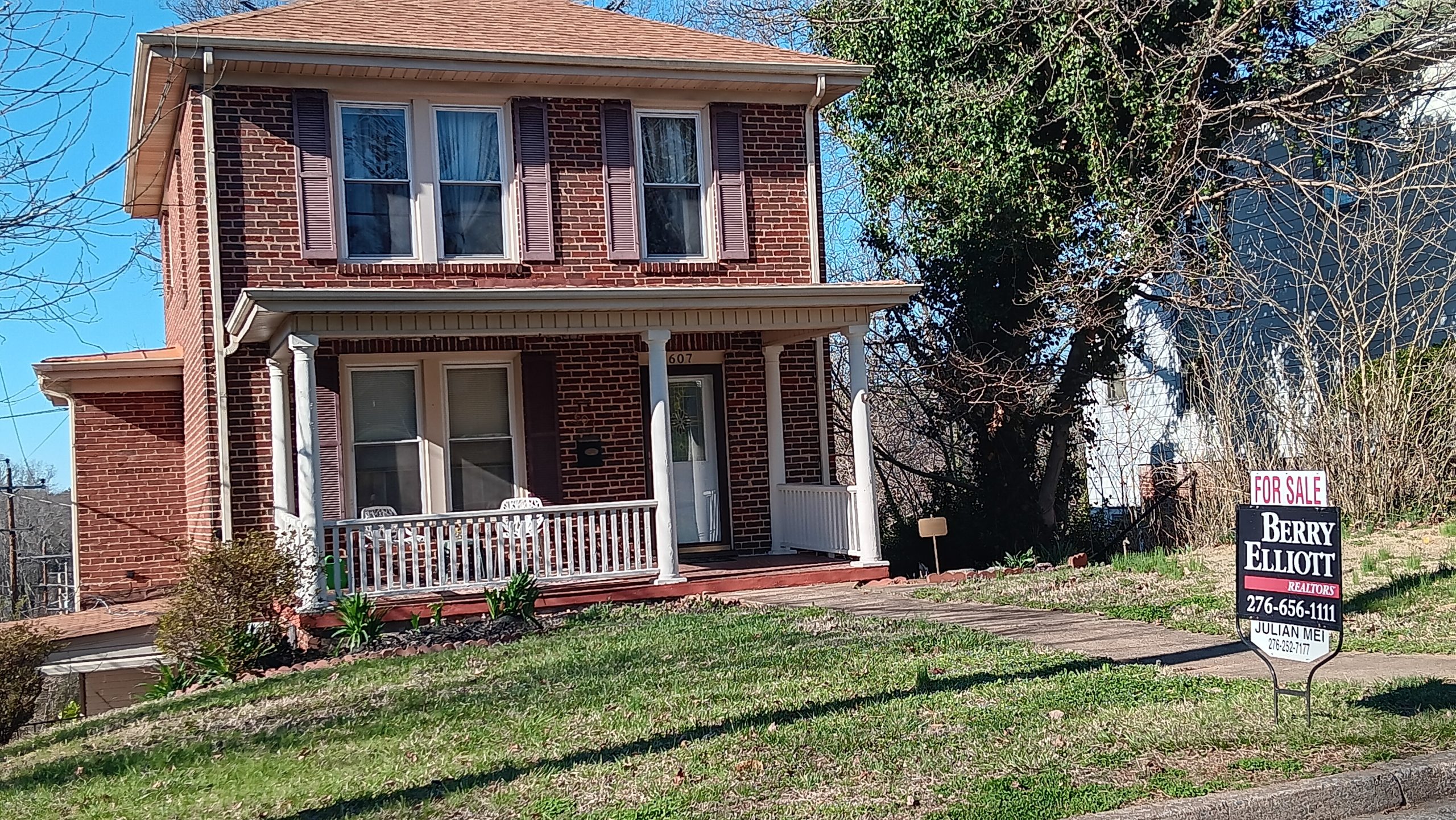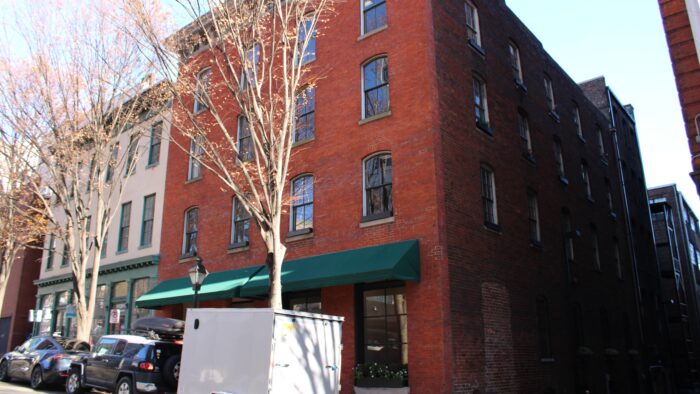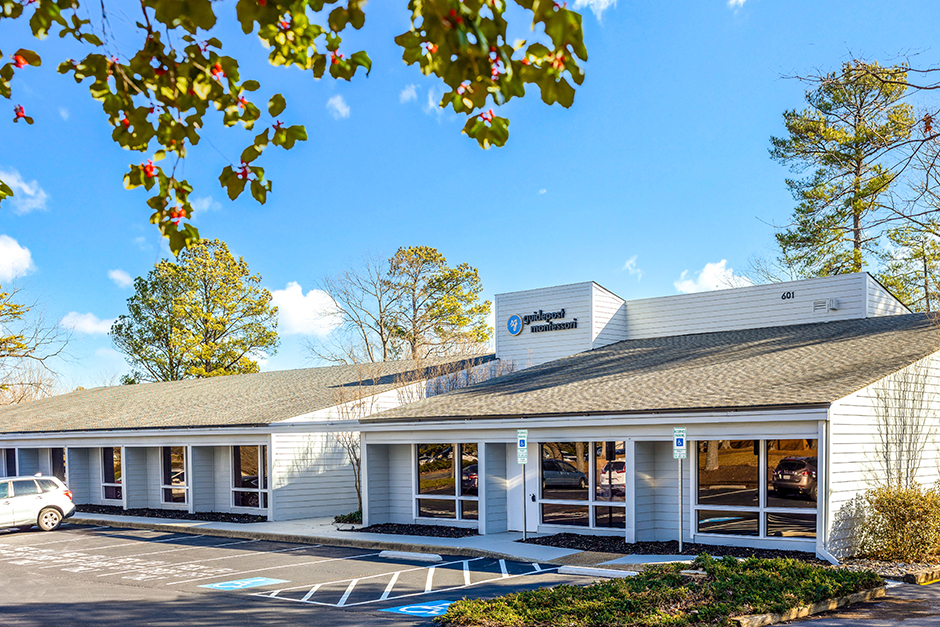A
s Martinsville's city leaders embark on crafting a proposed budget for 2026, taxes remain a pressing concern. City Manager Aretha Ferrell-Benavides presented the preliminary budget at the city council meeting, outlining goals and departmental budgets. However, the final product is still in the works.
The recent property reassessment, which saw a median value increase of 54.3% and a total assessed value rise by 37.65%, has sparked debate about tax policy. Staff have been reviewing appeals, with the anticipated drop in assessed value from $1.09 million to $1.03 million after the process.
Councilors aim to adjust the city's 99-cent tax rate without significantly impacting residents while accommodating growth. Ferrell-Benavides emphasized that reducing the tax rate is a top priority. Staff calculations project an unchanged tax rate would boost property tax revenue from $7.2 million to $9.3 million, prompting suggestions for alternative rates.
A proposed reduction to 75 cents per $100 valuation would result in no new revenue, while a suggested rate of 82 cents splits the difference between lowering the tax rate and allowing some growth. Under the current rate, a $100,000 home would have a tax bill of $990; under the proposed rate, it would be $820.
Councilor Aaron Rawls cautioned that higher property values mean a lower tax rate doesn't necessarily translate to a lower tax bill. To clarify this distinction, staff will host an informational session on April 10 at the New College Institute. The budget proposal includes an 8% increase in real estate property tax revenue, projecting $8.5 million compared to the current year's $7.9 million.
Key dates for the budget process include a community workshop on May 1 and readings of the budget ordinance on May 8 and May 20. The new fiscal year begins July 1. Ferrell-Benavides described the budget as "a culmination of hard work and effort."













